A Palestinian Woman’s Quest to Share the Eclipse With Her Community
For this NASA ambassador, religion and stargazing go hand in hand.
One night, when Nadia Abuisnaineh was in 11th grade, Mormon missionaries came knocking. After Abuisnaineh’s sister politely declined their proselytizing, the pair turned to leave—but not before asking, “Do you know that there are auroras outside?” Immediately running out the door of their Brooklyn Park, Minnesota, home, Abuisnaineh witnessed the northern lights for the first time.
From gazing at the night sky while sleeping on her family’s rooftop in Palestine, to buying her first telescope on eBay in seventh grade (for the sky-high bid of $100), to earning her degree in astrophysics and becoming a NASA/JPL Solar System Ambassador, Abuisnaineh has spent much of her life looking up. During the partial solar eclipse in October 2023, Abuisnaineh brought together her community with what may very well be a first-of-its-kind event in the country: a viewing party that also included the Islamic solar eclipse prayer: salat al-kusuf.
Atlas Obscura spoke with Abuisnaineh about the power of stargazing as a community, the shock of an old man witnessing an eclipse for the first time, and how her religion inspires her to never stop reveling in the majesty of the universe.
Were you taught any ideas or traditions about the eclipse as a child?
No, actually, and that’s the unfortunate thing. For such an amazing thing, we’re not taught about it. In school, you learn about what an eclipse is—and then they tell you, don’t look at the sun, right? They really drill that into your brain.
As I got older, I learned the significance of an eclipse, especially in my religion as a Muslim—how great they are and how they are a miracle and sign of God’s existence.

The viewing party you organized last October included the salat al-kusuf, a solar eclipse prayer. Why is this prayer important?
During the later years of the Prophet Muhammad, peace be upon him, he was blessed with a son, Ibrahim. When Ibrahim was just a year or two old, he got sick. Muhammad held his son while he took his last breaths.
At that moment, there was a total solar eclipse. So rumors spread within the Muslim community that even the sun and the moon grieved the passing of the Prophet’s son. The Prophet took his son to be buried. When he came back to his people, the eclipse was still happening. So he leads them in prayer that’s now known as the salat al-kusuf.
He told them that the sun and the moon are two signs of God, and they do not eclipse because of the birth or the death of anybody. So when you see the eclipse: pray, give charity, think about God, praise God, glorify God.
I love that the eclipse really stops us in our paths.
What have these viewing parties meant for your community?
When I held the event, a lot of people were just flabbergasted. A few people were overwhelmed with tears. There was an old guy—he was probably 70 years old—who said, “I can’t believe I’ve lived my entire life, and never seen something like this.” I felt so privileged that I was able to give him that.
Other mosques hold the prayer, but to hold the prayer and to encourage a viewing party, I think that’s probably one of a kind. I think I’m just barely scratching the potential of exposing my community to these things.
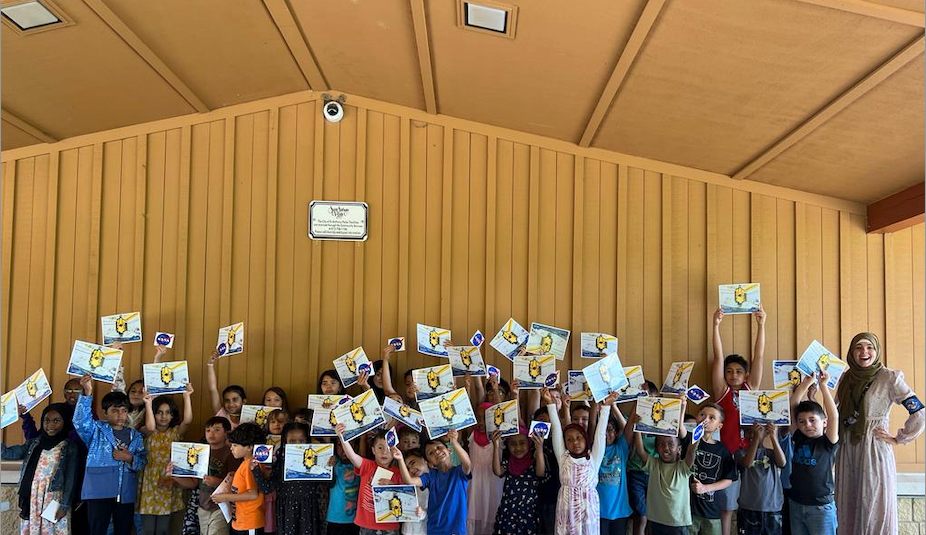
You’ve previously mentioned on the Islam & Earth podcast your fondness for a particular verse of the Quran: ءَاَنۡتُمۡ اَشَدُّ خَلۡقًا اَمِ السَّمَآءُ ؕ بَنٰٮهَا. Can you explain what this verse means, but also what it means to you?
God says, “Do you think you’re a more complex creation than the universe? He created all of that.” [In the Quran, God often speaks in the third person.]
He continues to say, He balanced the night and the day, and created the earth, and added the mountains. Then, towards the end of those verses, He says: مَتَاعًا لَّـكُمۡ وَلِاَنۡعَامِكُمۡؕ. “So that you and your cattle can enjoy it.”
And I love that. I love that so much. Because truly, we are enjoying our world. Like, this planet is so joyful. Everything about it is beautiful, everything about it is fun, everything about it is fascinating. Learning about it, the way the math works, and how it all kind of falls into place at some point. It’s so much fun.
Truly, truly, truly, he made it for us. So that we can enjoy it.
How do you plan to experience the April 2024 eclipse?
I’m kind of sad that I won’t hold an event this eclipse. It’s the last ten days of Ramadan; it’s a very intensive time of worship. Totality is also right after school, between two and three, so it will be very hard to get parents and families out there.
After October 7, my community was hurting and in pain. And I think it’s very unfortunate that, six months later, we continue to be in even more pain and grief over what’s happening as the genocide continues to unfold [in Gaza], especially during Ramadan. It’s just been a different vibe for a lot of people.
So now, more than ever, I push my community to experience an eclipse. To remind themselves that God is in control of everything—whether it’s the sun, the moon, this planet, or the suffering of our people. And that there’s wisdom behind it all. And for us to have faith and trust in God’s will and mercy.
When readers experience the April eclipse, what do you want them to think about?
If there’s one message I would like people to know, it’s to become more aware of what’s happening above you. Because you can miss out on things that happen once in a lifetime.
This interview has been edited for length and clarity.
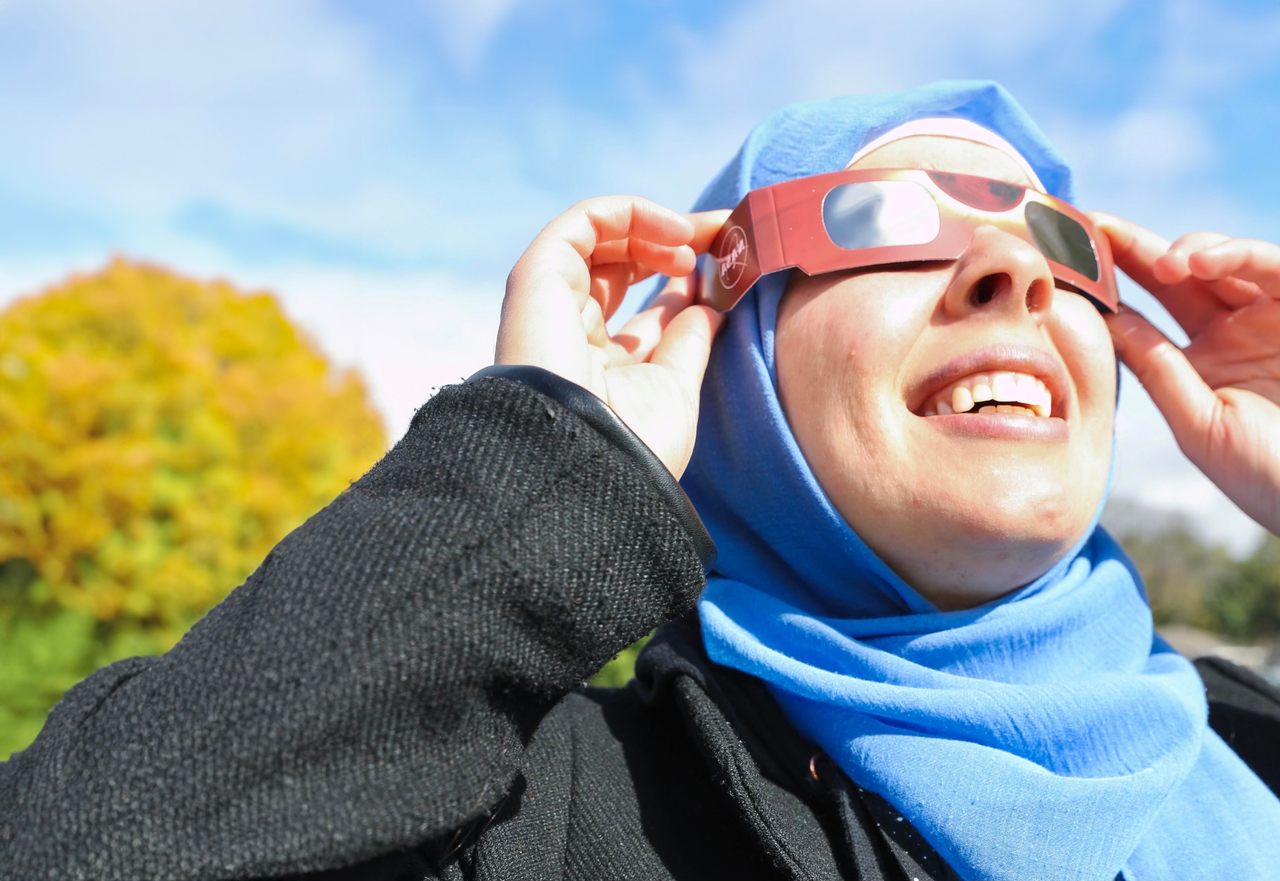
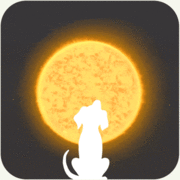
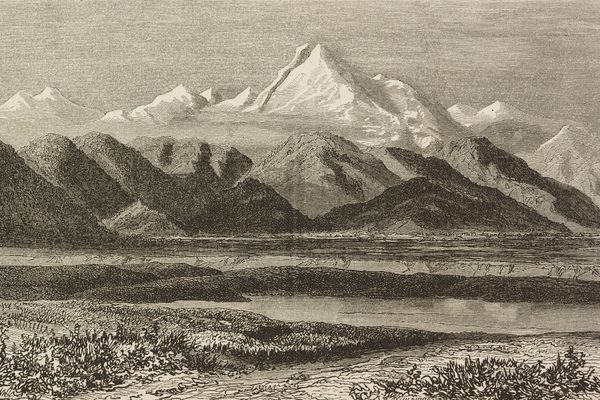
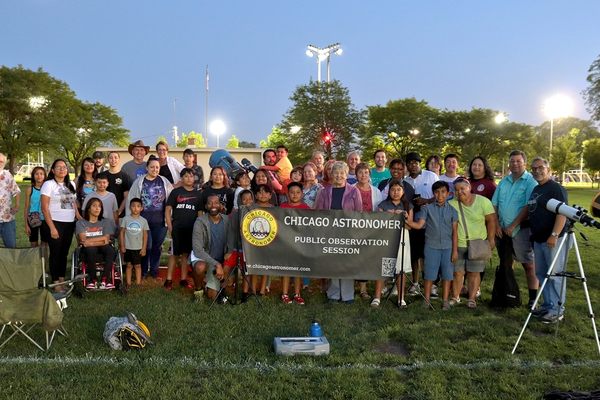
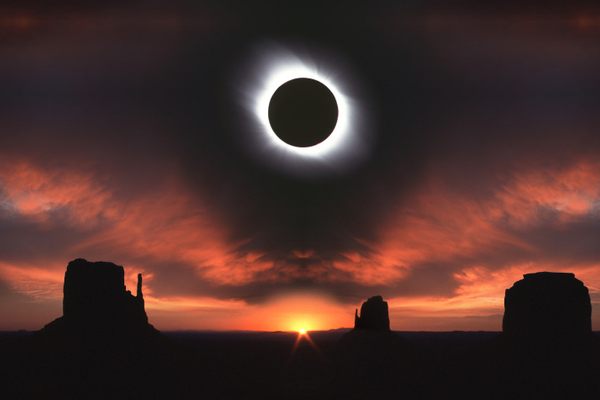
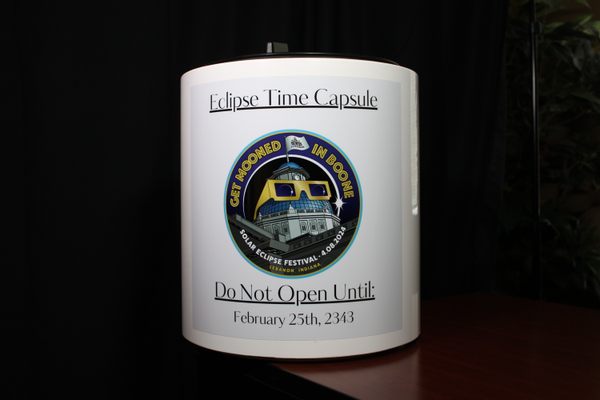

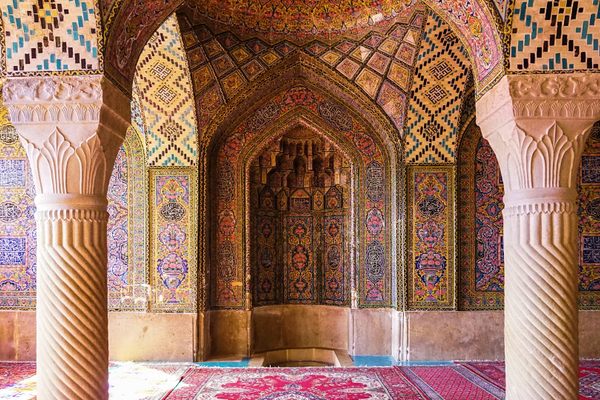

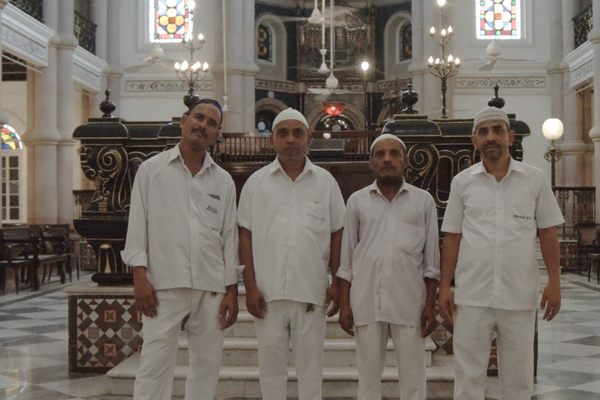







Follow us on Twitter to get the latest on the world's hidden wonders.
Like us on Facebook to get the latest on the world's hidden wonders.
Follow us on Twitter Like us on Facebook